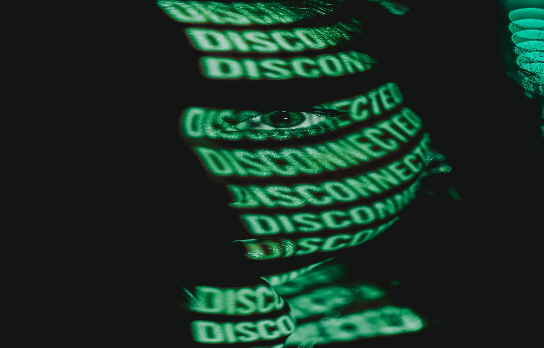Marcel S Woo 1, Mohsin Shafiq 2, Antonia Fitzek 3, Matthias Dottermusch 2, Hermann Altmeppen 2, Behnam Mohammadi 2, Christina Mayer 1, Lukas C Bal 1, Lukas Raich 1, Jakob Matschke 2, Susanne Krasemann 2, Susanne Pfefferle 4, Thomas Theo Brehm 5 6, Marc Lütgehetmann 4, Julia Schädler 3, Marylyn M Addo 5 6 7, Julian Schulze Zur Wiesch 5 6, Benjamin Ondruschka 3, Manuel A Friese # 8, Markus Glatzel # 9
PMID: 37452829 PMCID: PMC10412500 DOI: 10.1007/s00401-023-02612-x
Abstract
Dysautonomia has substantially impacted acute COVID-19 severity as well as symptom burden after recovery from COVID-19 (long COVID), yet the underlying causes remain unknown. Here, we hypothesized that vagus nerves are affected in COVID-19 which might contribute to autonomic dysfunction. We performed a histopathological characterization of postmortem vagus nerves from COVID-19 patients and controls, and detected SARS-CoV-2 RNA together with inflammatory cell infiltration composed primarily of monocytes. Furthermore, we performed RNA sequencing which revealed a strong inflammatory response of neurons, endothelial cells, and Schwann cells which correlated with SARS-CoV-2 RNA load. Lastly, we screened a clinical cohort of 323 patients to detect a clinical phenotype of vagus nerve affection and found a decreased respiratory rate in non-survivors of critical COVID-19. Our data suggest that SARS-CoV-2 induces vagus nerve inflammation followed by autonomic dysfunction which contributes to critical disease courses and might contribute to dysautonomia observed in long COVID.
Keywords: COVID-19; Dysautonomia; Neuroinflammation; Vagus nerve.
© 2023. The Author(s).
Figures



References
- Carmona-Torre F, Mínguez-Olaondo A, López-Bravo A, Tijero B, Grozeva V, Walcker M, Azkune-Galparsoro H, López de Munain A, Alcaide AB, Quiroga J, del Pozo JL, Gómez-Esteban JC. Dysautonomia in COVID-19 patients: a narrative review on clinical course, diagnostic and therapeutic strategies. Front Neurol. 2022 doi: 10.3389/fneur.2022.886609. – DOI – PMC – PubMed
